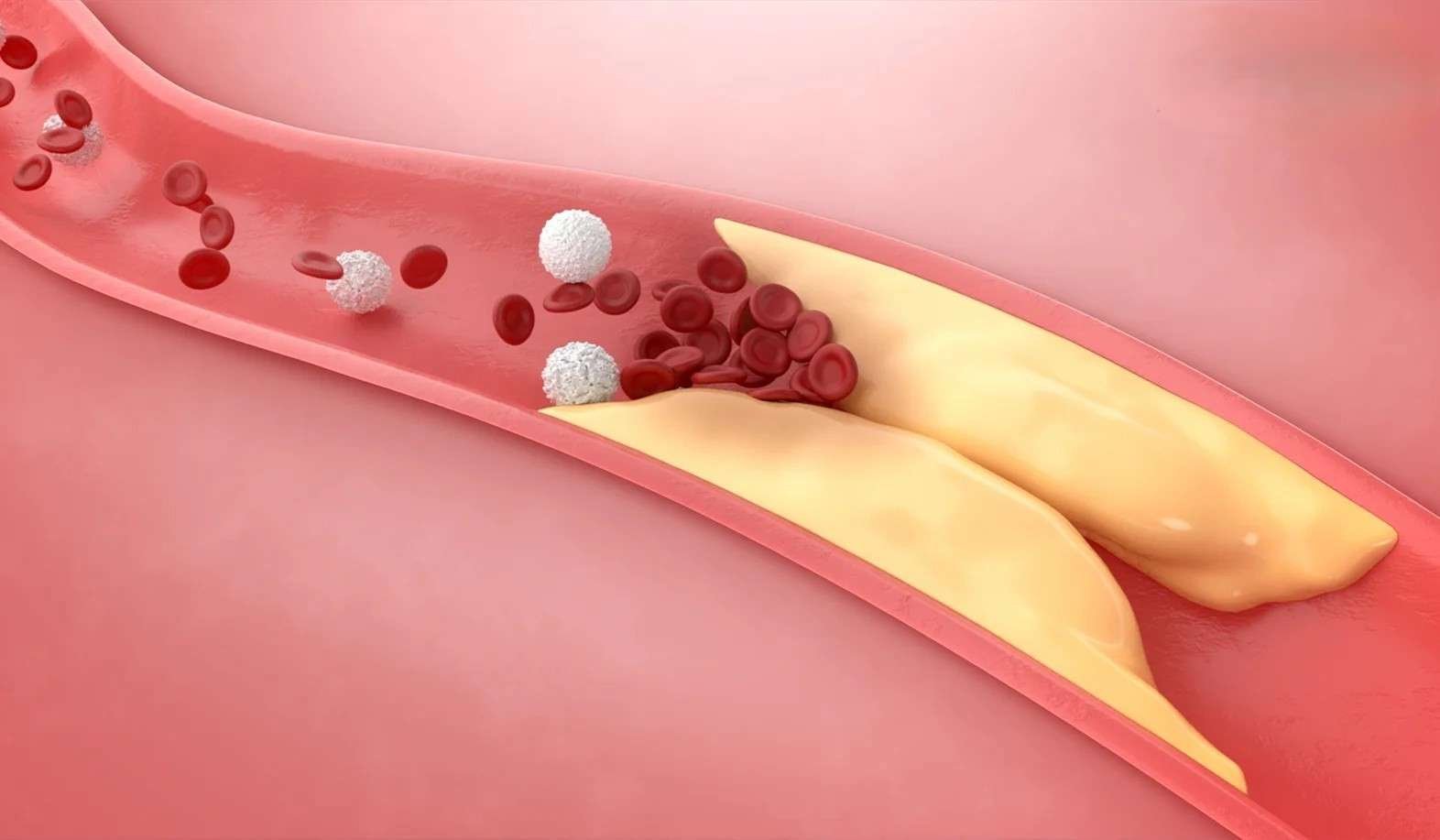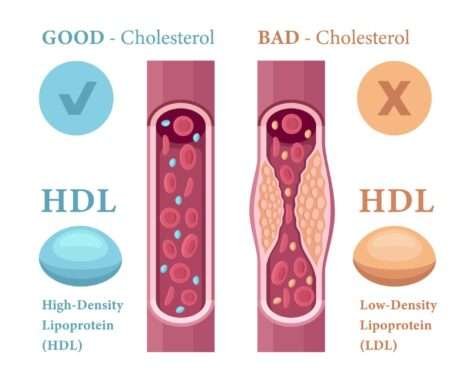
What is High Cholesterol?
High cholesterol is a silent yet serious condition that can affect people of all ages. It occurs when there is too much waxy, fat-like substance — circulating in your blood. While your body needs some cholesterol to build healthy cells and produce hormones, too much can lead to fatty deposits in your blood vessels, making it harder for blood to flow properly. Over time, this can result in heart attack, stroke, or other heart-related problems.
How Does High Cholesterol Develop?
High cholesterol can happen due to a combination of lifestyle factors and genetics. Poor eating habits, especially diets high in trans fats, red meat, fried items, and processed food, are leading culprits. Lack of exercise and a sedentary lifestyle make things worse, allowing LDL (‘bad’) cholesterols to rise unchecked. Obesity and smoking further damage the arteries and worsen its imbalance.
Some people inherit a condition called familial hypercholesterolemia which keeps cholesterol levels high from birth, despite healthy habits.
Types of Cholesterol: Good vs. Bad
It isn’t all bad!
- LDL (Low-Density Lipoprotein): This is known as bad cholesterol because it sticks to the walls of arteries, forming plaque that narrows the blood flow.
- HDL (High-Density Lipoprotein): This is the good cholesterol that helps remove excess LDL from the bloodstream and carries it back to the liver for disposal.

When LDL goes up and HDL goes down, the risk of clogged arteries and heart problems goes up.
Signs & Symptoms to Watch Out For
High cholesterol usually has no clear early symptoms, which is why it is often called a ‘silent killer’. But over time, excessive cholesterol can lead to:
- Chest pain (angina)
- Blocked arteries that can cause a heart attack
- Stroke symptoms like numbness or weakness in the body
- Fatty deposits under the skin (xanthomas) around eyes, elbows, or knees

That’s why routine blood tests are so important to keep an eye on its levels.
How to Manage and Lower High Cholesterol
The good news is that it can often be controlled naturally through lifestyle changes:
✅ Eat more fruits, green vegetables, whole grains, and healthy fats like nuts and seeds.
✅ Cut down on deep-fried, processed, and packaged foods.
✅ Avoid excessive red meat and choose lean proteins like fish or pulses.
✅ Exercise daily — brisk walking, cycling, or yoga for at least 30 minutes helps increase HDL.
✅ Quit smoking and reduce alcohol intake.
✅ Maintain a healthy weight and drink enough water.
✅ Get regular checkups to track cholesterol levels.
A balanced lifestyle is your best shield against complications.
When to See a Doctor
If you have risk factors like obesity, diabetes, or a family history of high cholesterol, regular screening is vital. An Ayurvedic consultation can help you understand herbal and natural ways to keep your cholesterol under control without side effects.

👉 Book a personalized online consultation here — our experts will guide you with a customized plan for better heart health.
Final Thoughts
It may not show symptoms at first, but the damage it can cause to your heart and overall health is real. Make healthy choices, get regular checkups, and don’t hesitate to seek expert advice if you’re concerned about your cholesterols levels. Small lifestyle changes today can protect your heart for tomorrow!